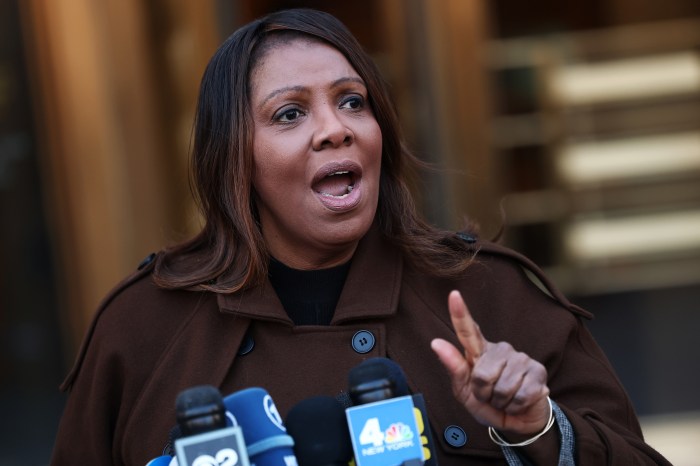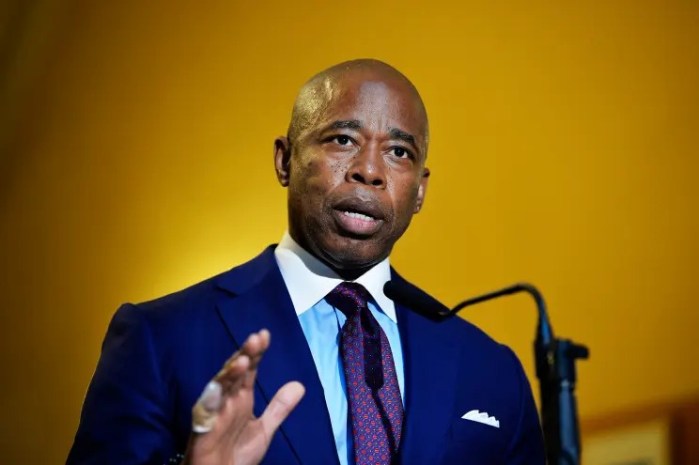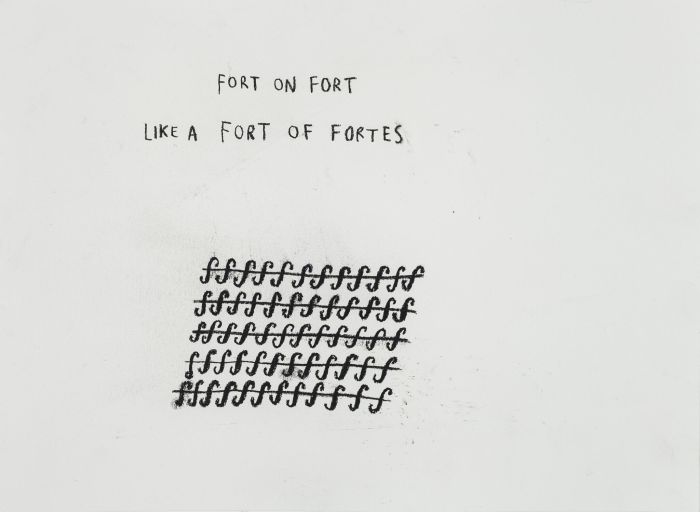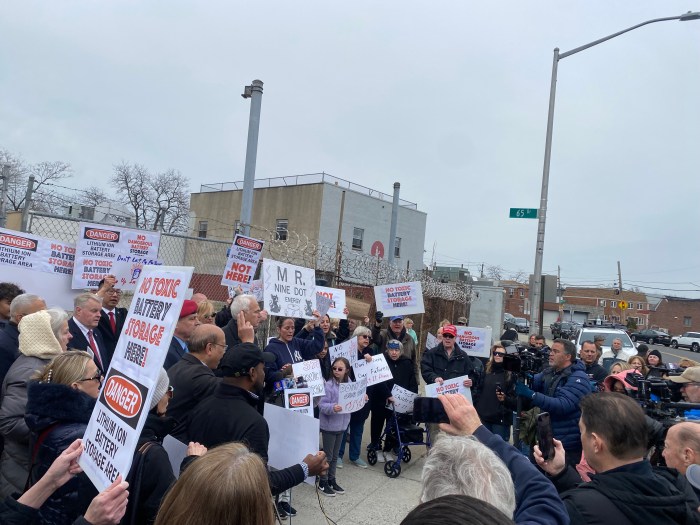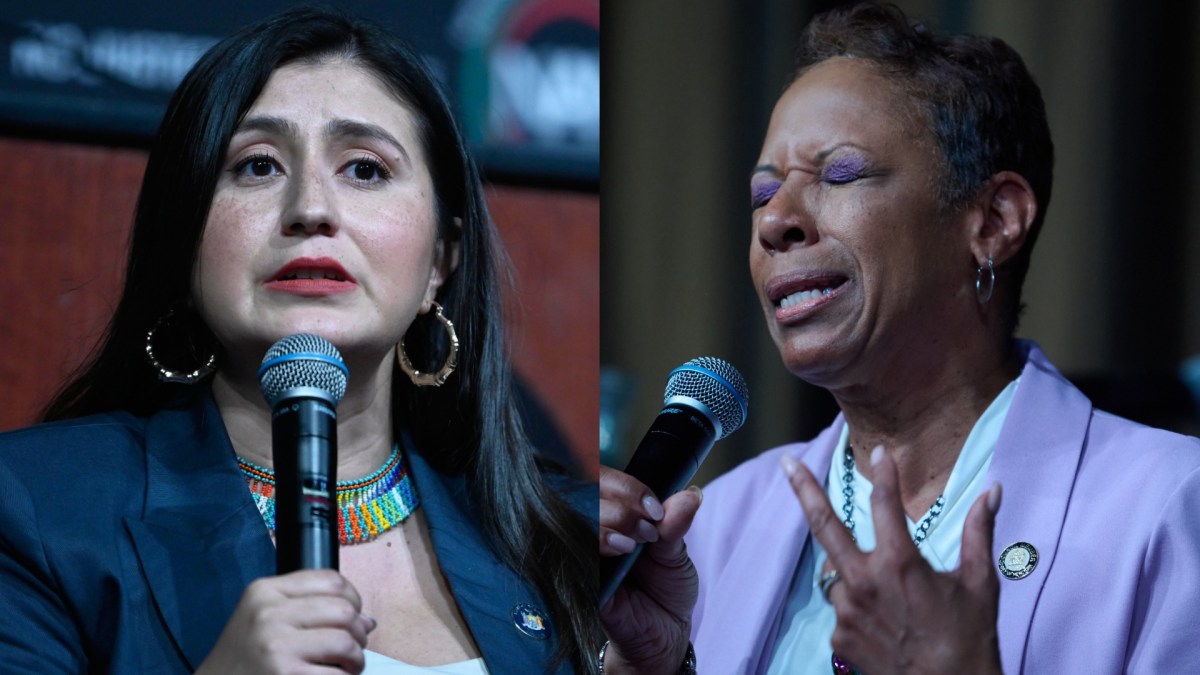Gov. Kathy Hochul, Mayor Eric Adams and New York City Comptroller, Brad Lander on Monday announced a $500 million dollar investment from the Battery Park City Authority’s (BPCA) Joint Purpose Fund to build and maintain affordable housing across New York City.
Through an agreement between the BPCA, the mayor, and the comptroller, the Hochul said BPCA will disburse $500 million in excess operating funds to New York City’s Affordable Housing Accelerator Fund for the purpose of building affordable housing.
She said the agreement builds on commitments by her, Adams and Lander to address the housing crisis, build safer, more stable and more affordable homes, and reduce housing costs for New Yorkers.
“When it comes to building the affordable homes that New Yorkers deserve, my administration is leaving no stone unturned,” Gov. Hochul said. “This agreement will turn excess funds from the Battery Park City Authority into a massive $500 million investment to help New York City realize its housing potential.
“From our landmark budget agreement to tackle the housing crisis to transformative investments that get housing built, I am continuing to work with partners like the BPCA, Mayor Adams and Comptroller Lander and fighting for a more affordable and more livable New York,” she added.
The BPCA is a New York State public benefit corporation charged with operating, maintaining, and improving Battery Park City, a 92-acre community of residential, commercial, retail, and open space in lower Manhattan.
As Battery Park City was being developed, Hochul said the BPCA entered into long term ground leases with developers, generating lease revenue from commercial and residential buildings that serves as the primary source of funding for this affordable housing commitment.
The governor said Monday’s Joint Purpose Fund agreement succeeds the previous agreement for the disbursement of BPCA’s excess operating revenues, which since 2010 has contributed $461 million in dedicated funding for affordable housing across the five boroughs and helped build or preserve over 10,000 units of affordable housing.
“To solve a generational housing and affordability crisis, every sector has a role in providing relief to working-class New Yorkers,” Adams said. “Today’s announcement takes us one step closer to delivering that relief. Our administration and our partners are united by a common cause: building more affordable housing.
“The only way to solve these dual crises is to simply build more, and with this $500 million commitment, we are coming together to use our dollars to make a difference and better support working-class New Yorkers,” he added.
Lander said, “Financing the production of affordable housing remains the City’s most powerful tool in combating the city’s housing affordability crisis. This landmark $500 million investment will help ensure that New York City and State have the resources we need to effectively deliver safe and affordable housing to New Yorkers.”
BPCA Board Chair Don Capoccia said, “I’m proud that as a result of the strong financial stewardship of Battery Park City we’re in a position to recommit to address New York’s affordable housing challenges.
“I want to thank the governor, mayor, and comptroller for their partnership in this effort and for ensuring this money will all go to building and preserving affordable housing,” he added.
BPCA President and CEO Raju Mann said, “Battery Park City Authority has a legacy of funding affordable housing across New York, and we’re thrilled to build on that legacy today. We’re facing a housing crisis and this $500 million will help create stable affordable housing for thousands of New Yorkers.”
Hochul said she “remains committed to increasing the supply of safe, stable, and affordable housing across New York and reducing housing costs for all New Yorkers.”
As part of the FY25 Enacted Budget, Hochul said she fought to secure a landmark housing agreement to increase New York’s housing supply by incentivizing new housing construction, including affordable rental housing and homeownership opportunities, in New York City; extending the construction deadline for projects in the now-expired 421-a incentive program; encouraging affordability in commercial to residential conversions in New York City; authorizing New York City to lift outdated restrictions on residential density in New York City; and creating a pathway to legalize existing basement and cellar apartments in certain areas of New York City.
In addition, as part of the FY23 Enacted Budget, the governor announced a five-year, $25 billion Housing Plan, to create and preserve 100,000 affordable homes statewide.
“More than 40,000 homes have been created or preserved to date,” she said.





